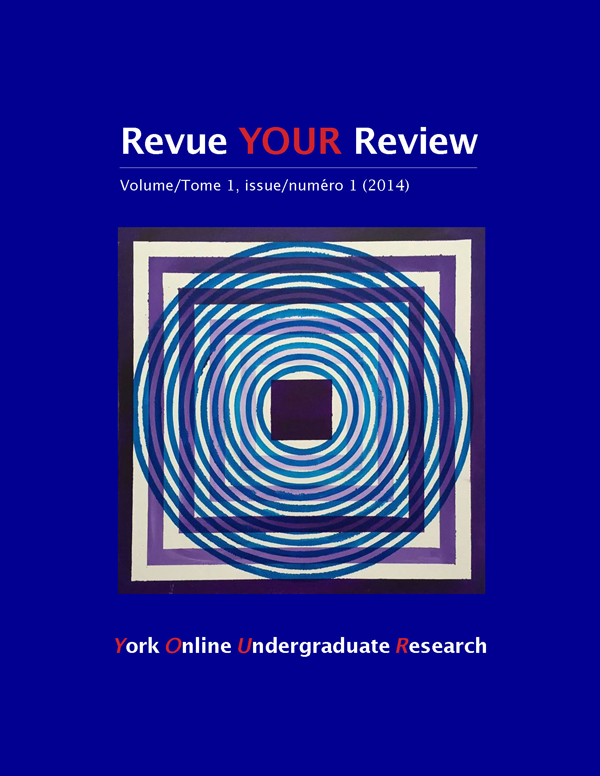Military Intervention from a Global South Perspective: A TWAIL Analysis
Résumé
This paper aims to present the Global South’s perspective on military intervention by applying a TWAIL analysis. The main focus areas will be the social, political, and economic consequences of military intervention for the states of the Global South and their citizens. The paper argues that current international laws, and in particular international practices in relation to military intervention, are based on an unjust, inequitable, and hierarchical international system that continually seeks to subordinate the Global South and its population for the advancement of the Global North’s economic and political hegemony over the “developing world.” The paper will analyze what role the practices of international organizations such as the International Monetary Fund (IMF), the World Bank (WB), and the United Nations (UN) play in applying military interventions in the Global South under the guise of promoting democracy, human rights, and progressive standards of living. The paper maintains that there persists what TWAIL scholars have termed a “legitimacy deficit” in the current international system. Legitimacy awards international rules and practices their viability and therefore is crucial for the future of international law, insofar as the survival of the international system and its institutions and rules depend on legitimacy. Thus, to address the “legitimacy deficit” and restore faith in international law, this paper, in line with TWAIL scholars, proposes the revision of the current international system to adopt anti-hierarchal, post-hegemonic, and pluralistic practices that promote equity and embrace the diversity of the multiple nation-states. To this end, the works of renowned TWAIL scholars such as Orford, Okafor, Mutua, and Fidler, in addition to specific case studies and examples such as those from Rwanda and Yugoslavia, have proven invaluable.Téléchargements
Comment citer
Numéro
Rubrique
Licence
Les auteurs qui contribuent à la Revue YOUR Review acceptent de publier leurs articles selon une des trois catégories de la licence 4.0 : Creative Commons Attribution 4.0 International; Creative Commons Attribution-Pas d'Utilisation Commerciale 4.0 International; ou Creative Commons Attribution-Pas de Modification 4.0 International. Tout contenu éditorial de ce site ainsi que les affiches et les résumés sont sous la licence Creative Commons Attribution-Pas de Modification 4.0 International. Pour plus d’informations, veuillez voir :
https://creativecommons.org/licenses/
Dans tous les cas, les auteurs conservent leurs droits d’auteurs et concèdent à la Revue YOUR Review le droit de première publication. Les auteurs peuvent, par la suite, conclure d’autres accords de distribution non exclusifs de la version publiée dans ce périodique (par exemple, l’afficher à un dépôt institutionnel ou le publier dans un livre ou dans un autre périodique) à condition que la reconnaissance fasse mention de la publication originale dans la Revue YOUR Review.


